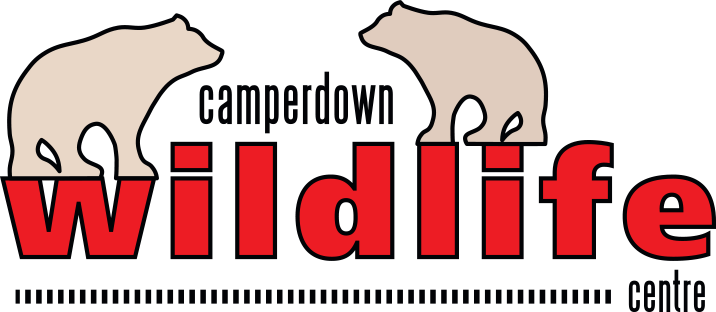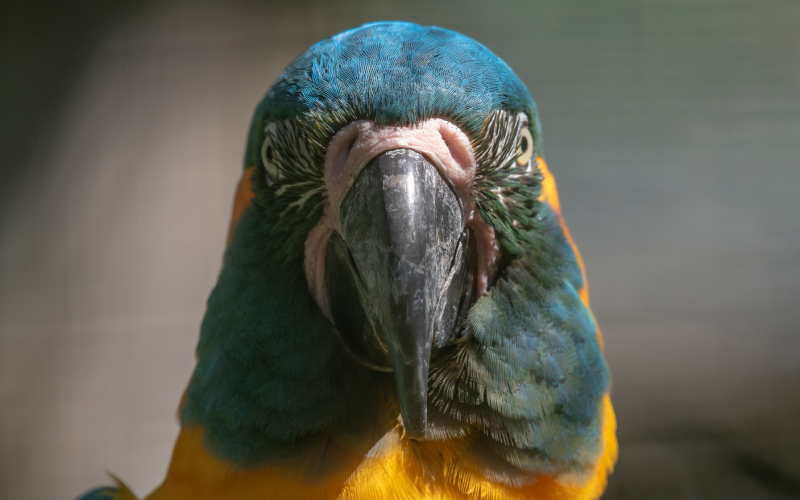Explore the Wildlife Centre
Conservation and research
Camperdown Wildlife Centre and other UK zoos have a very close relationship with science. Often animals are extremely elusive and threatened in the wild. Therefore research carried out takes advantage of a significant opportunity to study factors important to conservation, which cannot be undertaken effectively in the wild.
A significant number of zoo animals housed within the UK are part of European breeding programmes (EEPs), which aim to preserve threatened species for the future by pairing compatible individuals. This creates self-sustaining populations, meaning that there is no need to bring in animals from the wild. Because of the importance of these programmes, a great number of scientific studies are dedicated to understanding the reproductive biology and the needs of our animals.
Conservation Strategy
For many species, the environment we provide differs greatly from that of their natural, wild habitat (e.g. medical care is available, should an animal become sick or injured and there is no competition for food as zoo staff provide enough for all the animals), and this may have some effect on the animals who have adapted to the challenges of the wild. Therefore, a large proportion of research carried out in a zoo or aquarium focuses on understanding how the captive environment may influence the animals, and where appropriate, how this can be minimised.
Additionally, some studies set out to investigate whether aspects of animal husbandry could be improved. For instance, some research focuses on diets and how these can be enhanced. Other areas include identifying best practice in medical care for specific species, identifying the effect that visitors have on the animals and vice versa, to evaluate the effectiveness of education tools, visitor awareness of native species, which species visitors come to see compared to those they liked most after a visit and much more.
Ultimately research at Camperdown Wildlife Centre is driven and governed by one main goal; to gather knowledge that benefits the conservation of threatened species through welfare, education and a good day out.

